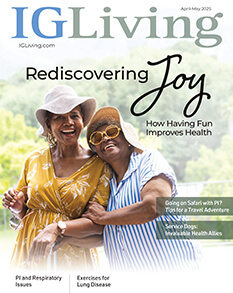Keep a Healthy Immune System with the Help of Probiotics
November 13, 2013
Guest Speaker: Mindy Hermann, MBA, RDN
[This is an edited version of a live teleconference presentation.]
Probiotics = Life
- The official definition of probiotics was developed by the Food and Agriculture Organization of the United Nations in 2001.
- Probiotics are microorganisms.
- Not all bacteria are probiotics.
- Probiotic strains must have scientifically proven health benefits.
- Probiotics have to be live. Foods that contain probiotics may be marked “live and active” on the label.
- Probiotics must be consumed in adequate amounts.
- Microorganisms that break down lactose are not probiotics.
All probiotics have three-part Latin names. The first part is their genus, the second is their species, and the third refers to their strain, for example, Lactobacillus (genus) rhamnosus (species) GG (strain). Different strains have different characteristics, just like the difference between dogs (Canus lupus familiaris) and common wolves (Canus lupus lupus).
Body’s Natural Microorganisms
Probiotics work hand in hand with the body’s natural microorganisms:
- The body’s microorganisms are called its microbiota and the specific composition of the microbiota differs from person to person.
- A healthy microbiota helps support the development of a strong immune system.
- Certain probiotics boost the overall health of the microbiota and gut barrier.
Boost the Immune System
How probiotics may boost the immune system?
- A large percentage of the body’s immune system is in the intestinal tract.
- An unhealthy or unbalanced microbiota is thought to contribute to the development of autoimmune diseases, diabetes, and other illnesses.
Probiotics Might Work
- Improving communication between immune cells.
- Boosting T cells.
- Activating cells that stimulate immune responses.
- Stimulating IgA production.
Additional References
- National Yogurt Association
aboutyogurt.com/index.asp?bid=5 - Nutrients. 2013 Jan 10;5(1):58-81. Role of endogenous microbiota, probiotics and their biological products in human health. Howarth GS, Wang H.
www.ncbi.nlm.nih.gov/pmc/articles/PMC3571638/ - isappscience.org
- nccam.nih.gov/health/providers/digest/probiotics-science
- Sanders, et al. An update on the use and investigation of probiotics in health and disease. Gut 2013;62:787-796.
gut.bmj.com/content/62/5/787.long - https://nccam.nih.gov/health/tips/probiotics


